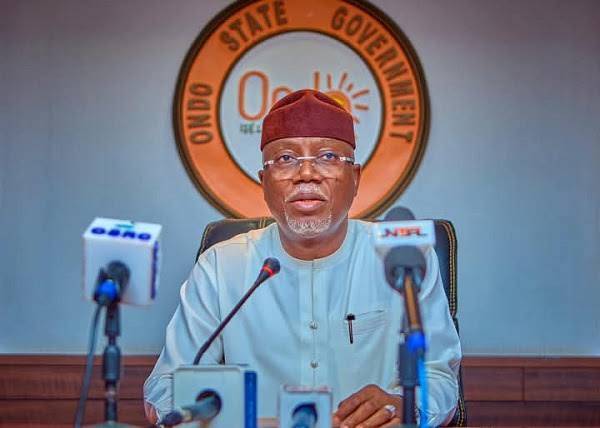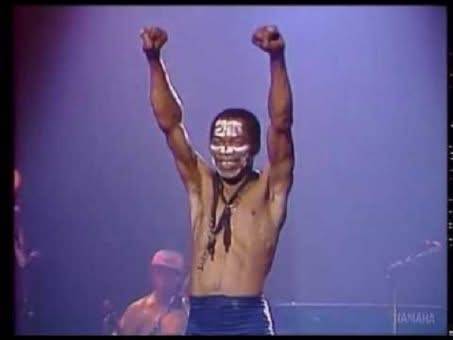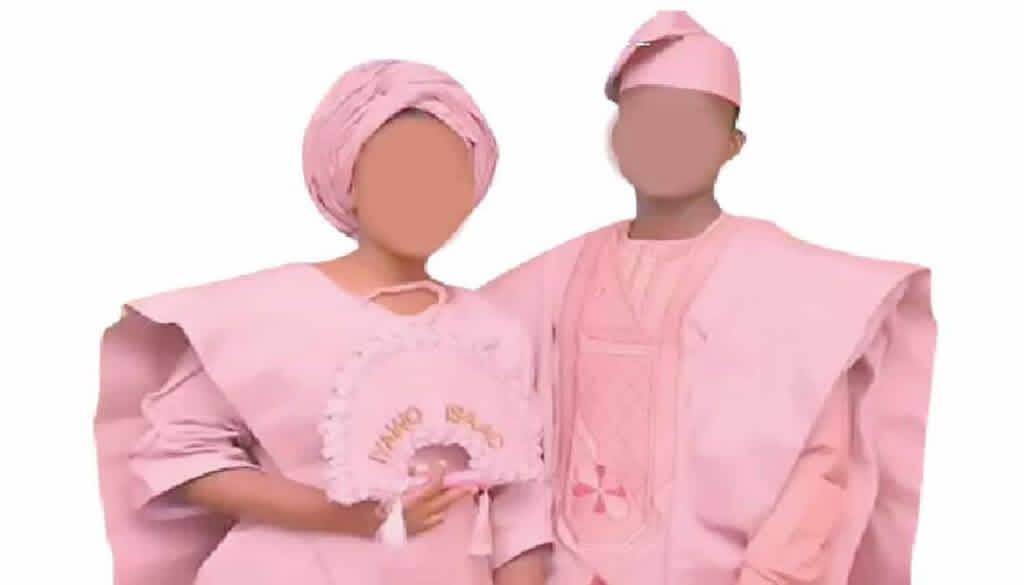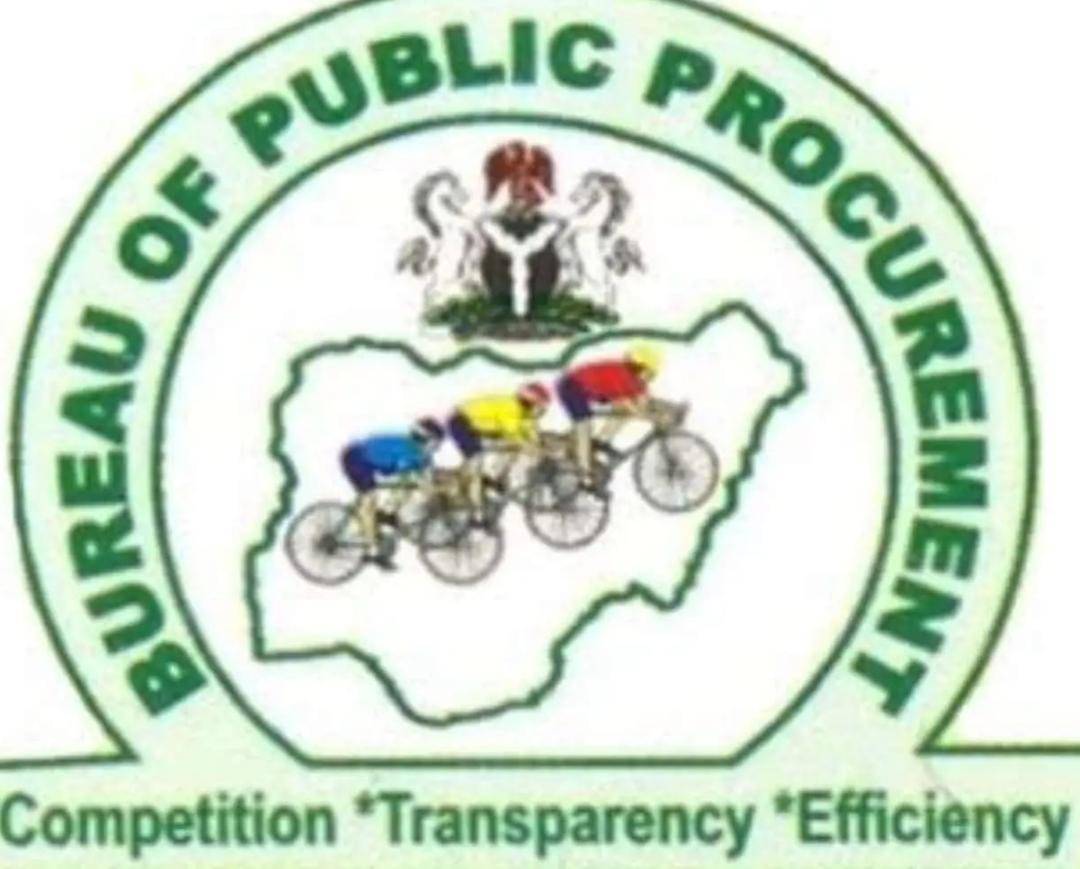Some South Africans have called for the United Kingdom to return the “Star of Africa”, the world’s largest diamond, which is set in the royal sceptre that King Charles III will hold at his coronation on Saturday, May 6.
The 530-carat diamond, which was dubbed ‘Star of Africa’ was discovered in South Africa in the year 1905. It was eventually presented to the British Monarchy by the colonial government in the country two years later, as the country was under British rule at that time.
Recently some European countries have been returning artefacts to African countries they colonized.
Germany recently returned artefacts to Edo state, Finland returned Namibia’s Power Stone, and this has prompted some South Africans to ask for the diamond to be brought back.
Mothusi Kamanga, a Johannesburg based lawyer who wrote an online petition that has amassed about 8,000 signatures, said to Reuters;
“The diamond needs to come to South Africa. It needs to be a sign of our pride, our heritage and our culture…I think generally the African people are starting to realise that to decolonise is not just to let people have certain freedoms, but it’s also to take back what has been expropriated from us.”
Another South African, Mohamed Abdullahi, said to the publication, “I believe it should be brought back home because, at the end of the day, they took it from us while they were oppressing us.”
The diamond on the sceptre, officially known as Cullinan I, was cut from the 3,100-carat Cullinan diamond, which was mined close to Pretoria. The Imperial State Crown that British monarchs don on ceremonial occasions is set with a smaller diamond cut from the same stone known as Cullinan II. It is stored at the Tower of London with the other crown jewels and the sceptre.
All proceeds of colonialism, slave trade and imperialism are illegitimate transactions,” Everisto Benyera, associate professor of African Politics at the University of South Africa in Pretoria, told Al Jazeera. “As such, whether the British monarch purchased the Cullinan diamond at a nominal fee, or whether it was gifted to them by the Transvaal government, does not negate the fact that this transaction occurred within the broader occurrence of colonial relations.”
“The British monarchy must play its part in breaking this colonial relationship by acknowledging the role that it played,” added Zimbabwean-born Benyera. “And one of the biggest ways that it can acknowledge is to stop using our diamonds on their regalia, is to stop using our resources during their ceremonies, because …we are no longer part of the British Empire.”














